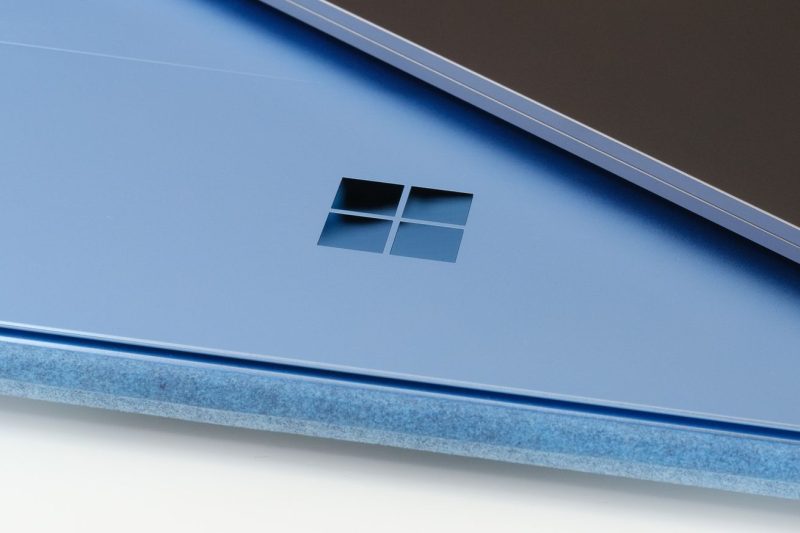
Exciting News: Microsoft Makes BitLocker Encryption Default on Windows 11!
Microsoft Is Enabling BitLocker Device Encryption by Default on Windows 11
BitLocker, a full-disk encryption feature developed by Microsoft, has long been an essential tool for securing data on Windows operating systems. With the release of Windows 11, Microsoft is taking a proactive approach to enhancing device security by enabling BitLocker device encryption by default.
One of the primary motivations behind this move is the growing concerns around data breaches and cyber-attacks. In today’s digital age, data security is of utmost importance, and encryption plays a critical role in safeguarding sensitive information. By enabling BitLocker device encryption by default on Windows 11, Microsoft is making it easier for users to protect their data from unauthorized access.
For users who are not familiar with BitLocker, this feature works by encrypting the entire hard drive, including the operating system, system files, and data. This encryption ensures that even if a device is lost or stolen, the data remains secure and inaccessible to unauthorized users. By making BitLocker device encryption the default setting on Windows 11, Microsoft is essentially providing users with a baseline level of protection right out of the box.
Moreover, enabling BitLocker device encryption by default simplifies the security setup process for users. In the past, enabling encryption required manual intervention, which could be a daunting task for less tech-savvy individuals. By automating this process, Microsoft is removing the barrier to entry for users who may not be familiar with encryption technologies.
Another significant benefit of default BitLocker encryption on Windows 11 is the improved compliance with data protection regulations. Many industries are subject to regulatory requirements that mandate the use of encryption to protect sensitive data. By enabling encryption by default, Microsoft is helping users ensure compliance with these regulations without any additional effort.
While enabling BitLocker device encryption by default on Windows 11 is a positive step towards enhancing device security, users should still be mindful of best practices for data protection. This includes using strong passwords, enabling multi-factor authentication, and keeping software up to date. Additionally, users should consider implementing additional security measures, such as enabling encryption for removable drives and using secure backup solutions.
In conclusion, Microsoft’s decision to enable BitLocker device encryption by default on Windows 11 is a significant step towards improving device security for users. By making encryption an integral part of the operating system, Microsoft is not only simplifying the security setup process but also providing users with a foundational level of protection against data breaches and cyber-attacks. With data security becoming increasingly critical in today’s digital landscape, initiatives like default device encryption are crucial in ensuring the safety of sensitive information.
